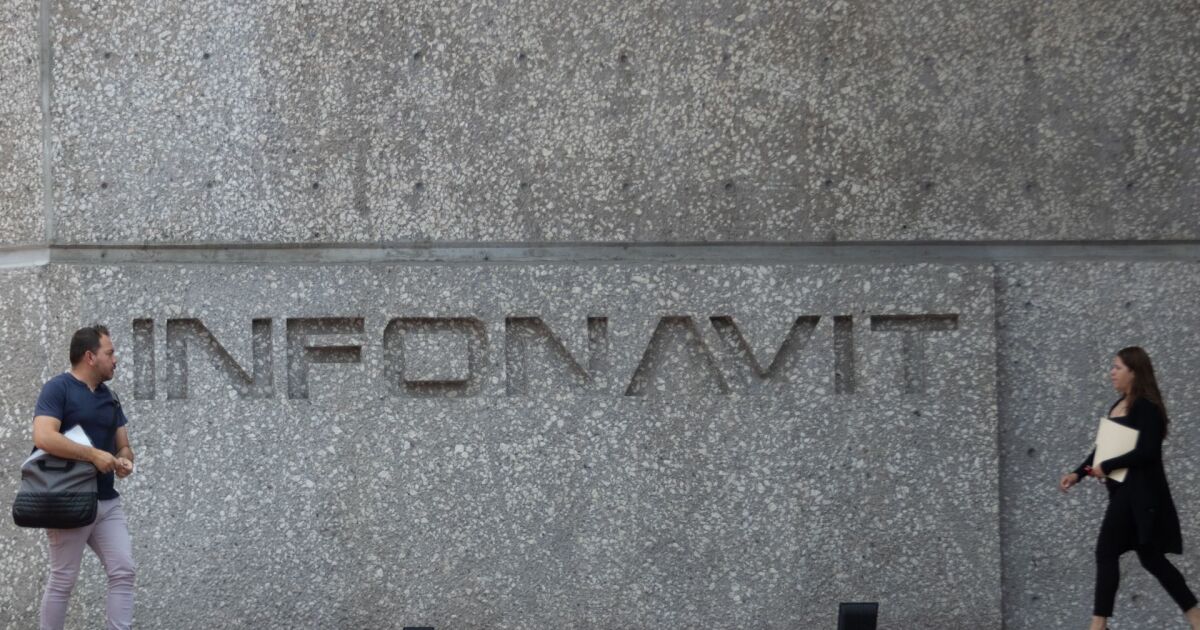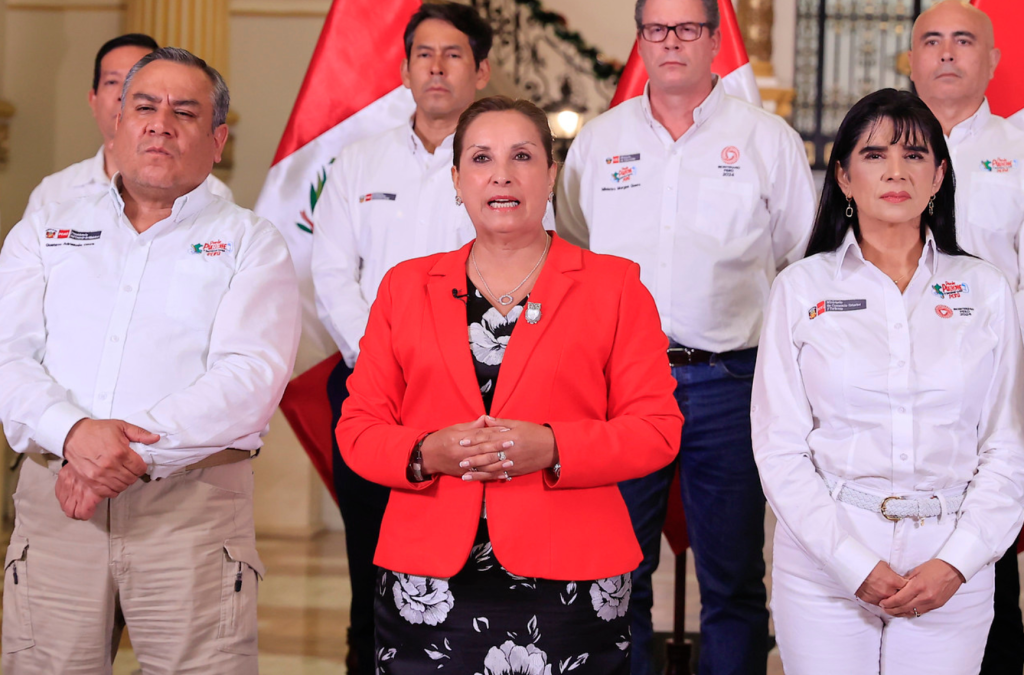However, this legal framework will not be ready, since the Chamber of Deputies concluded its regular session this Thursday without considering this reform initiative, presented to the Senate today.
By sending the proposal, the aim is to comply with the transitional regime of the constitutional reform on the matter, which gave Congress 180 days to adapt the legal framework to the new Infonavit.
Among the changes, it stands out that in order for Infonavit to be able to build housing, the aforementioned subsidiary company will be created, majority controlled by that Institute, constituted in terms of commercial legislation based on principles of corporate governance and which will not be considered a parastatal entity but will enjoy full capacity of management for the exercise of its functions.
According to the initiative, thanks to corporate governance, it will be able to act efficiently and agilely, as well as operational flexibility.
This “will contribute to the construction of social housing in an optimal way, since it will ensure speed and low costs, since its nature will allow greater dynamism in decision-making, reduction of procedures, expenses and administrative costs, and the purchase of inputs by means of consolidated acquisition.”
The initiative exemplifies that the subsidiary company will have corporate governance like Pemex, Metropolitan Services (Servimet) “but it will be new in that it will not receive federal public resources, nor does Infonavit.”
The tax treatment of Infonavit will be extended to the subsidiary company and trusts, so they will not be subject to the payment of federal contributions (including Income Tax) nor to the participation of workers in the profits of the companies nor to the payment of contributions. premises linked to registration for the cancellation of mortgages in favor of working people
In its shareholder integration, Infonavit will participate mainly with 99% of the shares and its constituent capital will be made up of resources from the budget for administration, operation and surveillance expenses of the Institute authorized for the year 2024.
With these resources, which are not public, you can build housing and the bases are established by which the restrictions will be decided; In addition, the figure of social leasing is regulated.
The destination of the resources under the administration of the Institute in its own investments for the construction, acquisition and maintenance of real estate on land owned by the Institute and intended for housing of the beneficiaries of the same, is established, will have as a limit that it does not fail to guarantee that there are also sufficient resources to grant loans to working people.
It will also invest its resources in the construction of housing so that the working person can acquire it.
It is planned to establish the requirement that, upon completing one year of continuous contributions, the entitled worker can access social rental programs for the homes built or recovered.
To provide legal certainty regarding the regulation of social leasing, it is established that the rules will be issued by the Board of Directors, and will only be applicable to homes owned or managed by Infonavit.
Priority criteria will also be established for geographical areas with high rates of marginalization, low availability of housing, among others, and priority will be given to eligible workers who do not have their own home and have a lower salary level.
The guarantee of payment compliance will be the balance of the housing subaccount of the workers and the contracts must contain a calculation of income to be determined under social criteria.















